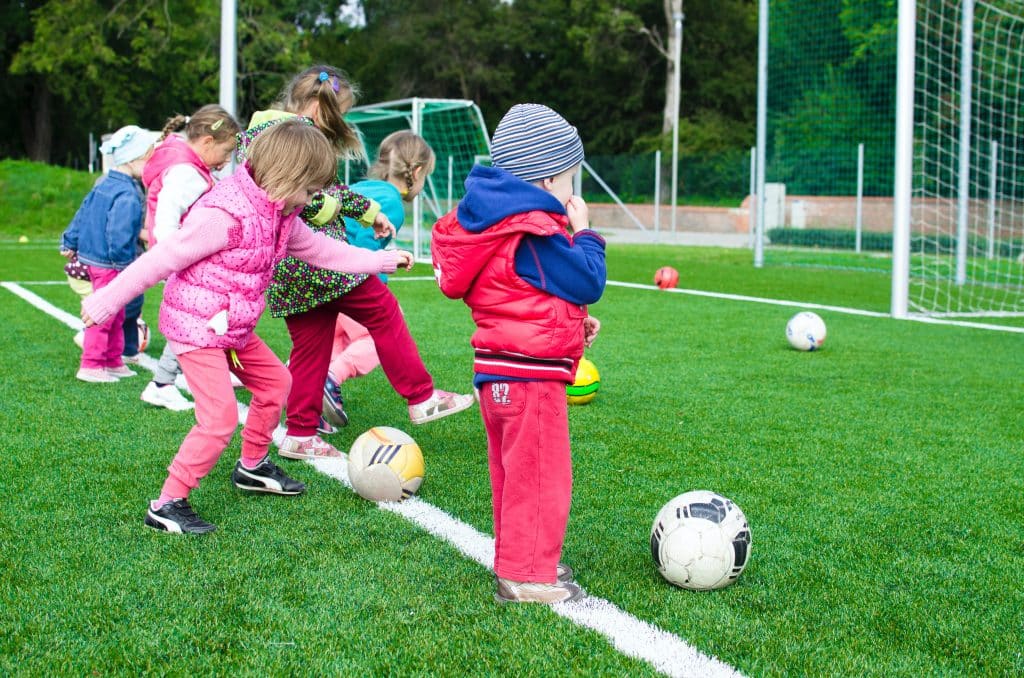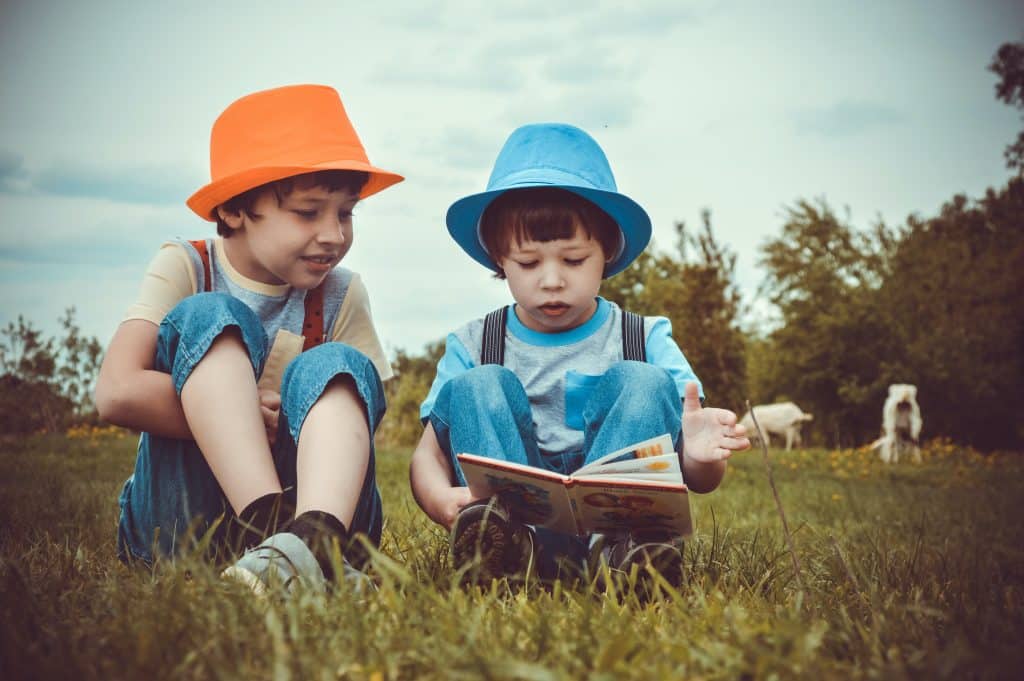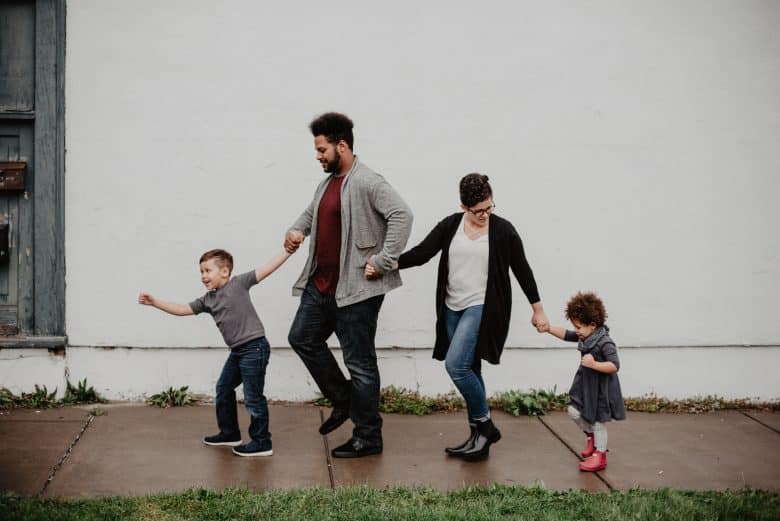At our core, humans are social animals. Even if you boast to be an extreme introvert, complete isolation will often eventually negatively impact your mental health. Humans usually require human connection and interaction to maintain mental and emotional wellbeing. This is especially important for young children since the interactions that they now develop with their caretakers and peers will impact many aspects of their life in the future.
Between ages, one to four is often when you’ll see rapid development in a child’s behavior and social skills. This is partly because this time period is when the child’s brain is undergoing rapid development. There are many complex factors that affect how a child’s social skills develop and consequently how that child will behave. However, for the most part, how they develop depends mostly on the range of experiences that they are allowed to partake in.
Although they will be interacting mostly with their caretakers, teaching a child to socialize with their peers through play dates or sending your child to nursery school or daycare is also an important aspect of their development. Socialization is a complex process, so it never hurts to do your research and continue reading for more information about it.
In this article we will just be briefly covering exactly what socializing is, why it’s so important and ideas on how to socialize safely despite the Covid-19 virus.

What Is ‘Socializing’?
In simple words, ‘socializing’ is when a person interacts with another person. Babies primarily socialize with members of their immediate family and socialize the most with their primary caretaker since they’re reliant on the caretaker for everything. Toddlers can expand their social circle by interacting with other toddlers and adults who are not members of their family (usually through daycare or nursery).
Why Is Socializing Important?
Socializing teaches your child the basics of negotiating social situations later in life. Socializing with people outside of the immediate family is important since it helps your child to negotiate new social situations with people with who they aren’t familiar. This is important for developing your child’s self-esteem and confidence in social situations later in life.
It’s important to socialize your child with both adults as well as other toddlers because the type of interaction and what is gained from it is primarily different. With adults, children learn by modeling the adult’s behavior especially when it comes to new situations. This is important as it teaches the child how to negotiate conflict and what to do in novel situations. On the other hand, interacting with children their age is important since it helps them to better identify emotional cues as well as the fact that their actions can and do affect others.
For example, if a child is refusing to share the toy, the interaction between them and the adult, as well as the other child, contains important information. The adult would step in and act as the model of the appropriate behavior (which would be to give in and share the toy), the child would observe and note what the adult does as the correct response to the situation. On the other hand, the child from whom the toy is being withheld may burst into tears. This teaches the child to refuse to share that their action made the other child sad and proves the emotional consequence of their actions which builds empathy.

Although children are generally most eager to socialize between the ages of three to four, you can actually begin socializing your child as early as four months old. At that age, children’s brains are like sponges and even if it doesn’t show, they are absorbing lots of information both passively and actively.
How Can I Socialize My Child Despite Covid-19?
Even though the world is slowly returning to normalcy, it doesn’t hurt to remain cautious. It can be tricky to organize opportunities for your child to interact with others since most traditional activities aren’t social-distancing friendly.
This is where technology can step in. Although to some it may feel a tad counterintuitive, ultimately socializing is about interacting with others and interaction need not necessarily be physical. The trick however is to get both children to be participating in a shared activity and applications like Zoom and Skype will work fine for this. This will likely require some coordination between the caretakers to organize the supplies.
Shared activities can include arts and crafts, watching the same movie or acting out scenarios with their toys. This can actually be an opportunity for your child to further develop their language and communication skills since they have to rely mostly on words to get their thoughts across to the other party.
While it may make parents nervous that their kids are spending so much time cooped up in the house, the fact is that safety should always come first. While technology is not the best substitute for regular playdates, it’s the safer option and will do in a pinch.
Socialization is a crucial part of the human experience and early socialization will shape the way that a person deals with social situations later in life. It’s rarely ever too early to begin socializing your child but most importantly it needs to be done in a safe and responsible manner and the child should not be distressed by the experience. So book an online enrichment class and arrange for a virtual playdate and let your child develop this incredibly important life skill.














Leave a Reply